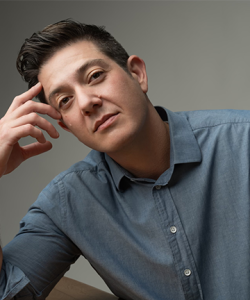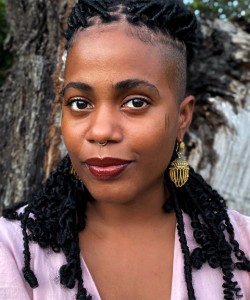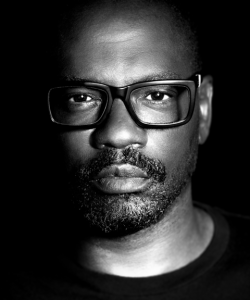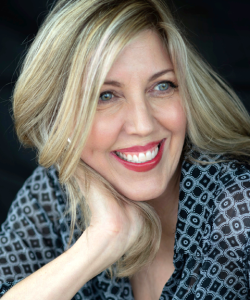Ten Questions for Miller Oberman

“[T]herapeutic modes can enhance artistic work enormously, because they give us access to our inner workings in fresh, sometimes even revelatory ways. ” —Miller Oberman, author of Impossible Things
Jump to navigation Skip to content

“[T]herapeutic modes can enhance artistic work enormously, because they give us access to our inner workings in fresh, sometimes even revelatory ways. ” —Miller Oberman, author of Impossible Things

The Odesa Poetry Studio is a free program that creates space for children to gather, write poems, and share their work with one another, validating their voices and feelings as they live through ongoing war.

“I was writing this hybrid lyric thing that was hard to fall into a rhythm with at first.” —Claudia Acevedo-Quiñones, author of The Hurricane Book: A Lyric History

The author of I’m Not Hungry but I Could Eat leverages his intrusive thoughts from pet sitting for fiction.

“Having to insist on that center and refuse, over and over again, to compromise the work in service of a white gaze was one of the most brutal experiences of my career.” —Akwaeke Emezi, author of Dear Senthuran

“The words start to feel like they’re punching my skull from the inside.” —Brian Broome, author of Punch Me Up to the Gods

“There are so many journeys I’d like to take” —Kelli Russell Agodon, author of Dialogues with Rising Tides

“There’s never a lack of inspiration.” —Morgan Christie, author of These Bodies

“We need the industry to be more reflective of the audience.” —Adrian Tomine, author of The Loneliness of the Long-Distance Cartoonist